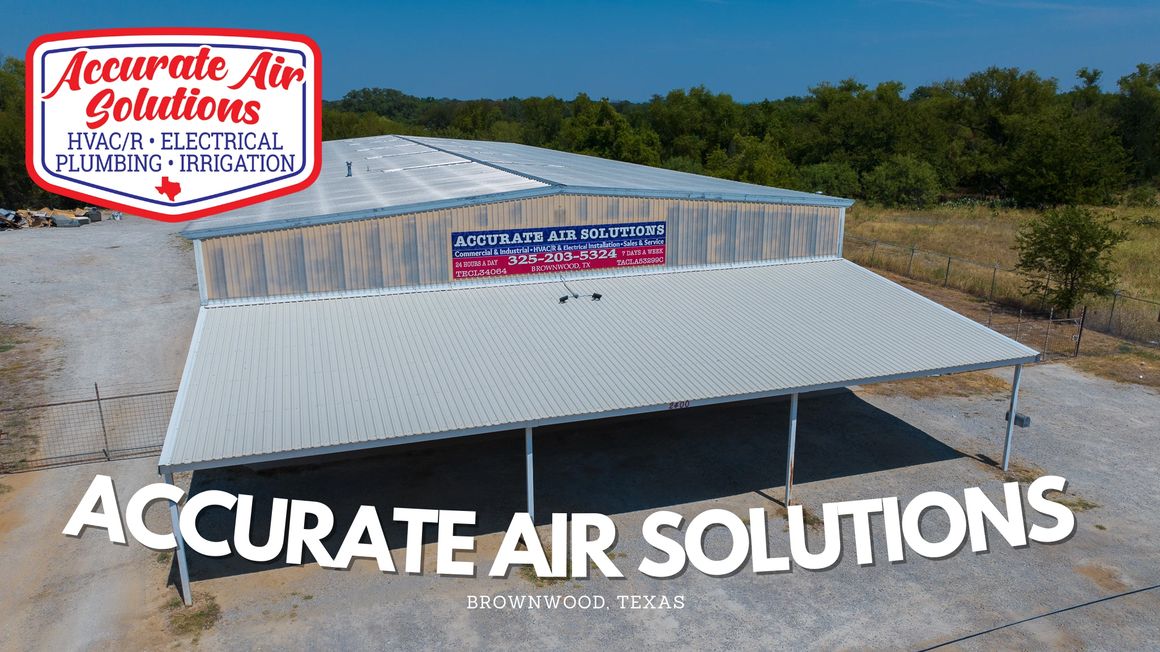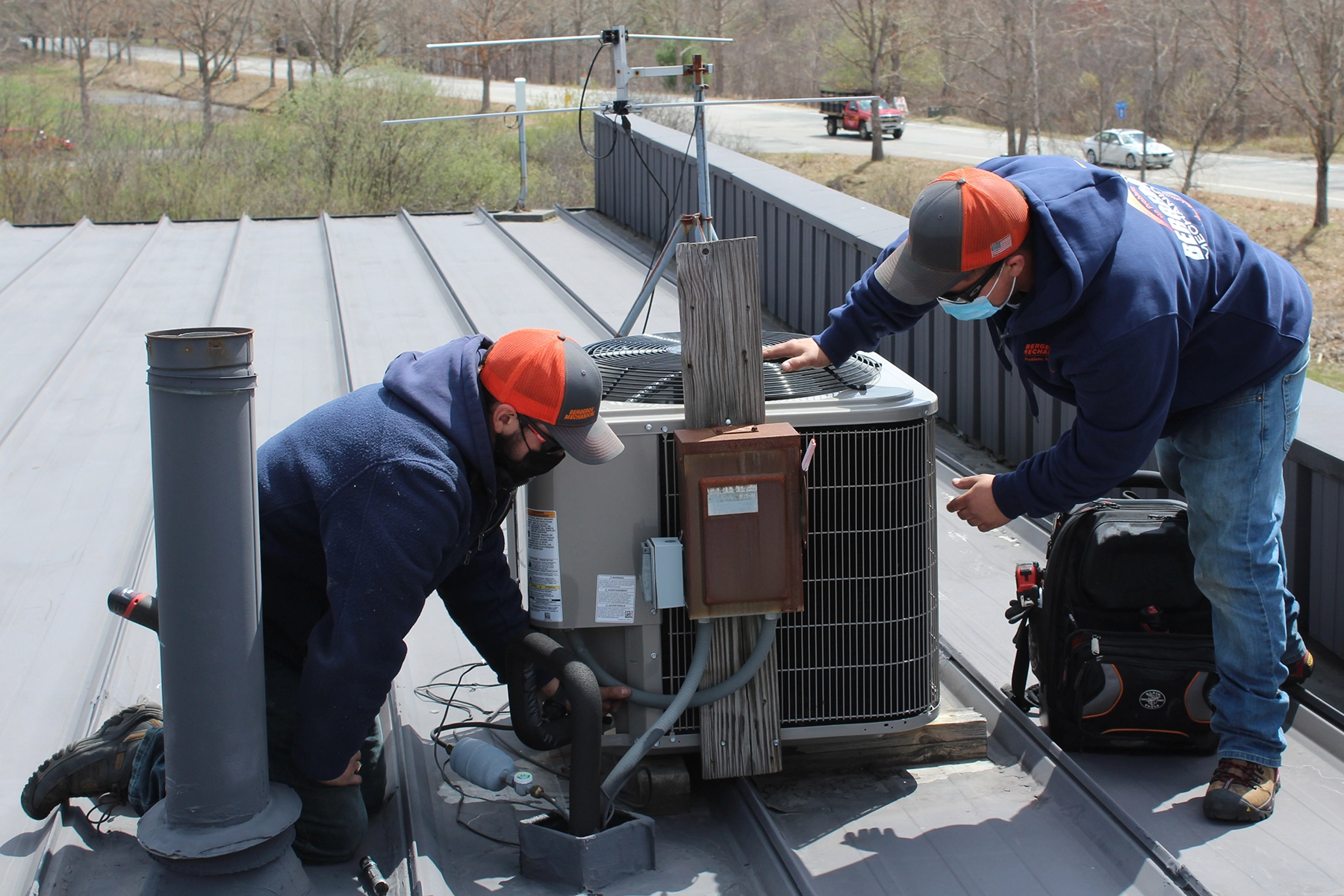Recognizing Cooling And Heating: A Comprehensive Guide to Home Heating, Air Flow, and Cooling Solutions
In today's rapidly evolving globe, a fundamental understanding of cooling and heating systems is no more a deluxe however a necessity for ensuring ideal indoor environments. This overview provides a complete exploration of air, air flow, and heating conditioning solutions, demystifying the intricate interaction of components that govern comfort and efficiency. As we browse with the intricacies of picking the ideal system and preserving it for peak performance, one starts to recognize the profound effect these systems have on power usage and sustainability. What typical challenges could be weakening your heating and cooling system's capacity without your expertise?
Basics of Cooling And Heating Solutions
Home Heating, Ventilation, and A/c (COOLING AND HEATING) systems are critical elements in modern design, constantly guaranteeing optimal indoor air high quality and thermal comfort. These systems are important to preserving the health and wellness, efficiency, and wellness of occupants in residential, commercial, and commercial settings. At their core, a/c systems are made to manage the temperature, humidity, and sanitation of air, creating a comfortable environment regardless of exterior climate condition.
The fundamental elements of an a/c system include heating systems, air flow ducts, and air conditioning systems. The heating aspect typically includes either a heat or a heater pump, which warms up air to be flowed throughout the building. Air flow, an important facet of the system, includes the exchange of interior and exterior air, regulating and lowering indoor contaminants moisture levels. This procedure can be naturally or mechanically assisted in, commonly utilizing fans and ductwork to disperse air effectively.

Selecting the Right Cooling And Heating System
Selecting a cooling and heating system includes a mindful equilibrium of efficiency, cost, and viability to the certain requirements of a structure. The option procedure starts with an assessment of the building's size, design, and intended use. Bigger frameworks might call for even more durable systems, while property buildings could take advantage of smaller, a lot more energy-efficient versions. It is important to take into consideration the environment of the area, as this will certainly affect the sort of system that ideal preserves comfy indoor temperatures throughout the year.
Power efficiency scores, such as SEER (Seasonal Energy Efficiency Proportion) for air conditioners and AFUE (Yearly Fuel Utilization Performance) for heating systems, are essential factors when reviewing prospective systems. Higher ratings typically indicate better performance and reduced operating expense with time. Furthermore, potential buyers should contrast in advance expenses with potential long-lasting savings to figure out the most effective economic option.
An additional essential factor to consider is the sort of system-- whether a central system, split system, or ductless mini-split is suitable. Each deals distinct benefits and restrictions, depending on setup complexity and room needs. Examination with cooling and heating experts is advisable to make sure that the system selected straightens with both the structure's specifications and the residents' convenience preferences.
Value of Regular Maintenance
As soon as the appropriate a/c system is selected and mounted, maintaining its performance and longevity ends up being a top priority. Regular maintenance is necessary for ensuring that the system operates at peak performance, lessening the threat of unexpected break downs. Routine inspections and maintenance can determine possible problems prior to they escalate into costly fixings or substitutes, thus prolonging the life-span of the equipment.

Additionally, adhering to an upkeep routine can preserve the service warranty protection, as several producers require proof of regular servicing to recognize service warranty cases. Engaging specialist heating and cooling technicians for routine upkeep guarantees that all parts are examined properly and changed as needed. This aggressive approach not only safeguards the financial investment in the heating and cooling system yet also advertises a much healthier indoor atmosphere for owners, boosting general health.
Enhancing Energy Effectiveness
To boost energy efficiency in a/c systems, it is essential to apply strategies that lessen power consumption while maintaining ideal performance. One reliable approach is the assimilation of clever thermostats, which allow specific control over temperature setups based on occupancy and time of day. These tools can learn patterns and readjust home heating and cooling down schedules appropriately, minimizing unneeded power use.
Another method involves routine evaluation and cleansing of cooling and heating elements, such as air filters, coils, and ductwork. Clean systems operate a lot more efficiently, as dirt and debris can obstruct air movement and force the system to work harder, consuming even more energy. Making sure proper insulation and securing is additionally essential, as it protects against power click to find out more loss and lowers the load on HVAC systems.
Additionally, upgrading to energy-efficient devices, such as variable-speed motors and high-efficiency compressors, can considerably cut energy consumption. These components readjust their rate and outcome to match the details home heating or cooling down need, stopping energy wastefulness.
Investing in energy healing ventilation systems can likewise boost efficiency by trading heat in between outgoing and inbound jet stream, minimizing the requirement for additional heating or air conditioning. By embracing these steps, heating and cooling systems can achieve superior power performance, causing decreased operational prices and environmental influence.
Troubleshooting Common Issues
When resolving a/c system malfunctions, an organized method to troubleshooting can properly determine and fix common issues. The initial step involves examining the thermostat settings to guarantee they are correct and working. Frequently, wrong setups or dead batteries can cause the system to act erratically. Next off, analyze the air filters. Dirty or stopped up filters restrict air air repair hvac flow, reducing system effectiveness and may cause getting too hot or cold.
Examine the breaker and fuses; tripped breakers or blown integrates can halt system operations. In addition, examine the outside device for any type of blockages or particles that could impede performance. Normal upkeep of these parts can avoid lots of usual troubles.
Pay attention for unusual sounds, which might indicate mechanical concerns such as damaged belts or electric motor troubles. Unusual increases in power costs can additionally indicate underlying browse around this site inadequacies or leakages in ductwork. Ensure that all vents are unobstructed and open to facilitate optimal air flow.

Professional treatment ends up being needed if these steps do not deal with the issue, specifically for complex problems like refrigerant leaks or electric faults. Regular inspections and upkeep by certified technicians can preemptively attend to potential concerns, making sure the heating and cooling system operates successfully and dependably.

Conclusion
To conclude, a comprehensive understanding of HVAC systems is critical for guaranteeing optimum interior convenience and air quality. By choosing the appropriate system based upon details structure needs, the effectiveness and sustainability of air, home heating, and air flow conditioning services can be made the most of. Routine upkeep is essential for preserving system efficiency and longevity, while energy effectiveness can be significantly improved via educated practices. Attending to usual issues with efficient repairing additional makes sure the reputable operation of a/c systems, profiting both homeowners and services.
As we navigate through the ins and outs of choosing the appropriate system and keeping it for peak efficiency, one starts to understand the extensive impact these systems have on energy consumption and sustainability.Home Heating, Air Flow, and Air Conditioning (A/C) systems are crucial elements in modern design, continually guaranteeing ideal interior air top quality and thermal comfort (air conditioning contractor in Brownwood TX).One more key factor to consider is the type of system-- whether a centralized system, split system, or ductless mini-split is proper. Tidy systems operate a lot more efficiently, as dust and particles can obstruct air movement and require the system to work harder, eating more energy.In final thought, a detailed understanding of HVAC systems is vital for making certain ideal interior comfort and air top quality